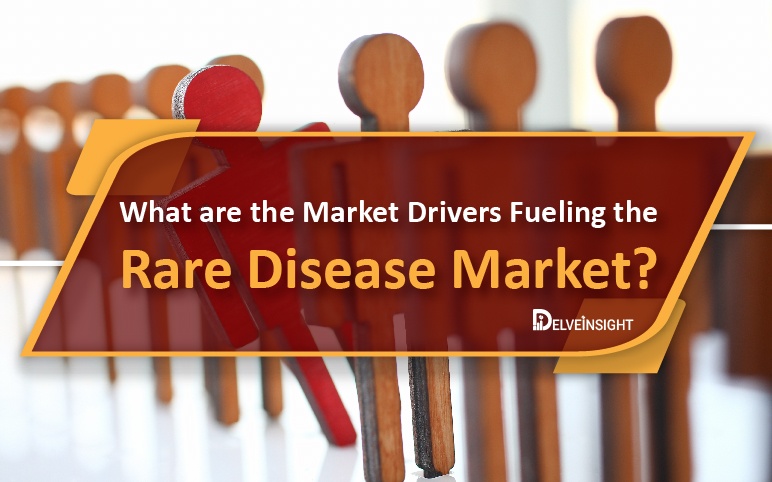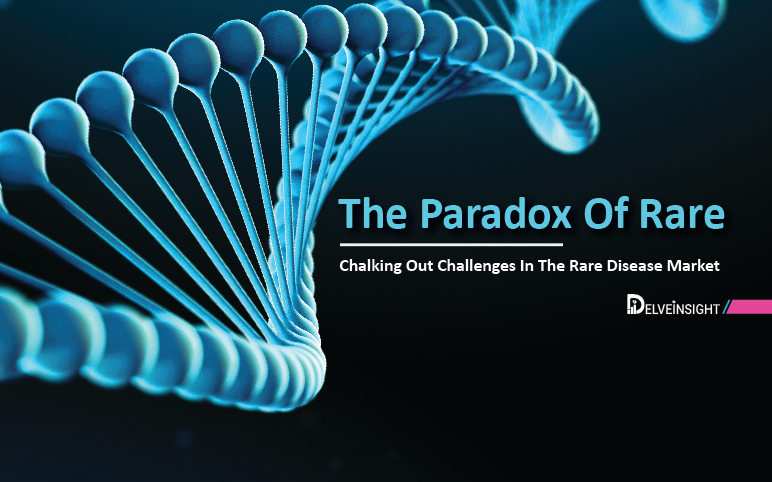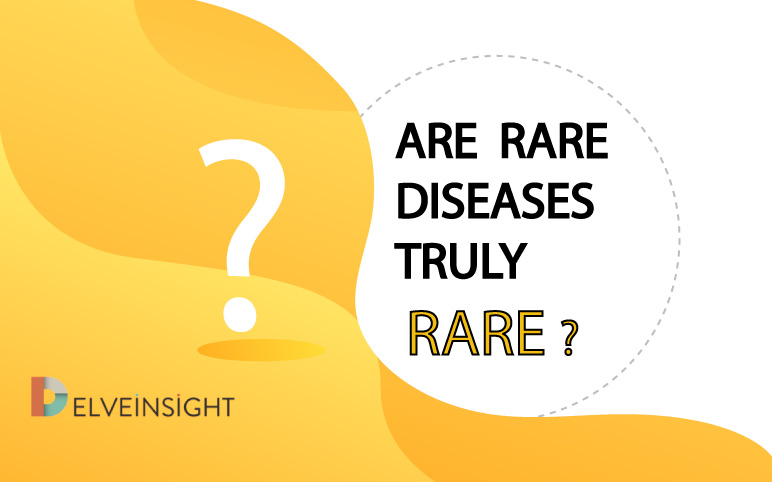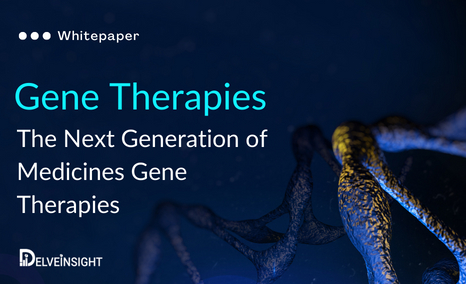orphan disease
Mar 01, 2021
What are the Market Drivers Fueling the Rare Disease Market?
Rare diseases–also go by the name Orphan diseases–are the conditions that do not affect many individuals out there in one particular geographic area. Going deeper into the definition, it also means a lesser patient pool for a therapy developed for one identified rare condition. Unfavorable drug uptake would automat...
Read More...
Feb 15, 2021
The Paradox of Rare: Chalking out Challenges in the Rare Disease Market
How is a Rare disease defined? Well, it depends on the geography in question, since there is no universal definition, even so, the definition revolves around the point of prevalence or incidence of rare disease. If we talk about the United States, a rare disease affects fewer than 200,000 people (Orphan Drug Act). ...
Read More...
Dec 09, 2019
Are Rare Diseases truly Rare?
Rare diseases, as the name depicts, affect only a small number of people compared to the other disease. Worldwide, one out of 15 persons could be affected by a rare disease, which is equivalent to approximately 400 million people. Most Rare diseases are often chronic, serious, and life-threatening. In the U...
Read More...
Nov 06, 2017
Wiskott – Aldrich syndrome – a rare X-linked disorder
Wiskott - Aldrich syndrome (also known as WAS) is a rare X-linked recessive genetic disorder that affects both T-lymphocytes and B-lymphocytes. It occurs due to the mutations caused in the WASp gene and is mainly characterized by low platelet count (microthrombocytopenia), immune deficiency, and eczema. Being an X-...
Read More...
Sep 01, 2015
Orphan drug development strategies
Introduction A disease that has not been adopted by the pharmaceutical industry because it provides little financial incentive for the private sector to make and market new medications to treat or prevent it. An orphan disease may be a rare disease or a common disease that has been ignored because it is far more pr...
Read More...





-Agonist.png)

